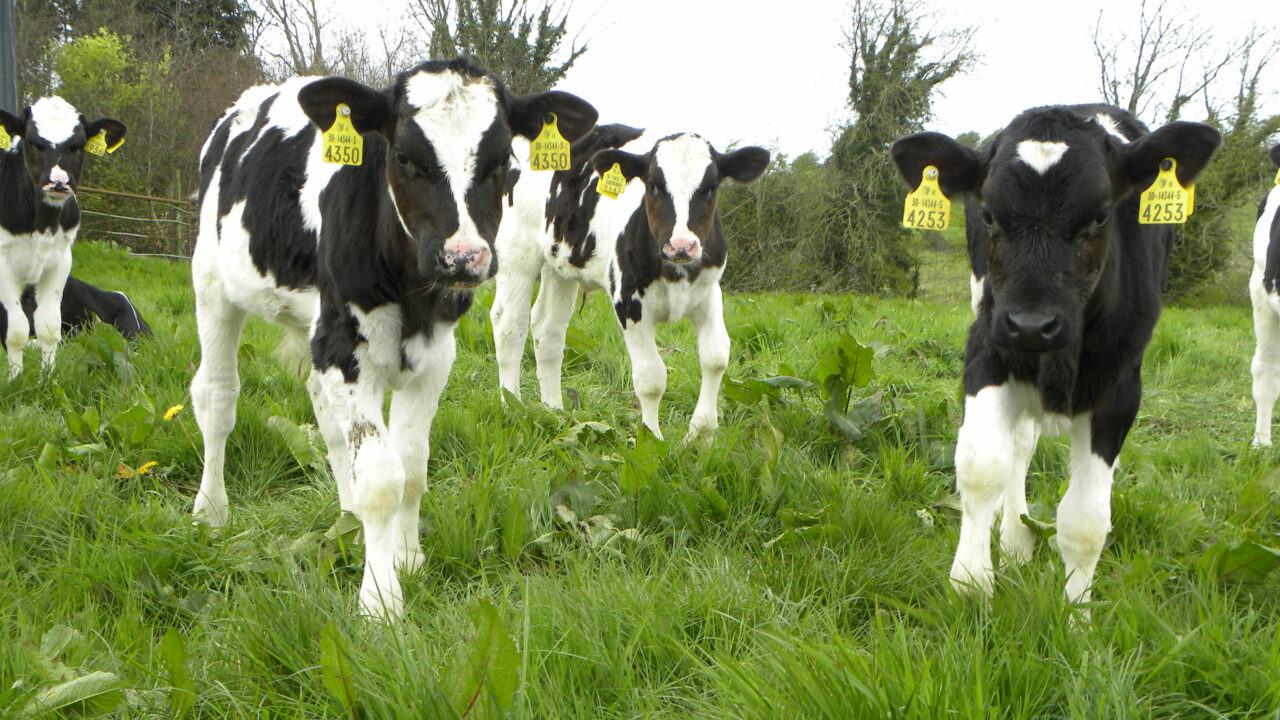A decision by the Department of Agriculture, Environment, and Rural Affairs (DAERA) to suspend calf TB testing during the coronavirus (Covid-19) outbreak, was the right move, according to the Ulster Farmers’ Union (UFU).
Prior to the announcement, the UFU asked DAERA to consider increasing the age that calves needed to be tested to enable farmers and vets to complete more TB tests within a safer environment.
‘The right balance’
UFU deputy president David Brown said: “We would like to thank DAERA for taking our concerns on board and for making these changes to calf testing requirements along with the other amendments we have requested.
We received many calls from members on this issue. Going forward it will be one less thing for them to worry about.
“However, we believe these amendments strike the appropriate balance between protecting the health and safety of farmers and vets, while minimising disruption to the supply chain and, maintaining the integrity of our TB program thereby protecting TB free herds.”
“Where calves between 42 and 180 days have not been tested and receive a restricted status, as a one-off, DAERA will test all the untested calves and will take responsibility for the cost,” said Brown.
“Alternatively, farmers can wait until their next herd test. Members should be aware that DAERA will only test the untested animals as one batch.
“If herd keeper’s wish to test smaller batches before the batch test, that can be done at their own expense,” he continued.
What about herd-to-herd movement restrictions?
However, it’s not all glowing reports. The UFU said it was disappointed to learn that the department was unwilling to temporarily extend the period before restrictions on herd-to-herd moves commenced from 35 days to 70 days.
The union proposed the extension as a short-term measure to facilitate herds already restricted whilst they rearrange their herd test.
“Initially, the UFU was successful in securing confirmation that farmers with herds that were overdue a TB test would not face any restrictions on the ability to sell cattle to other herds for 35 days, as opposed to seven days,” Brown stated.
Unfortunately, we couldn’t get this period extended any further but we recognise that the new testing protocol should make TB tests easier to complete.
“While maintaining social distancing, restricted herds should now be able to test safely in most cases, thereby re-obtaining their ability to move animals from herd to herd,” he concluded.
